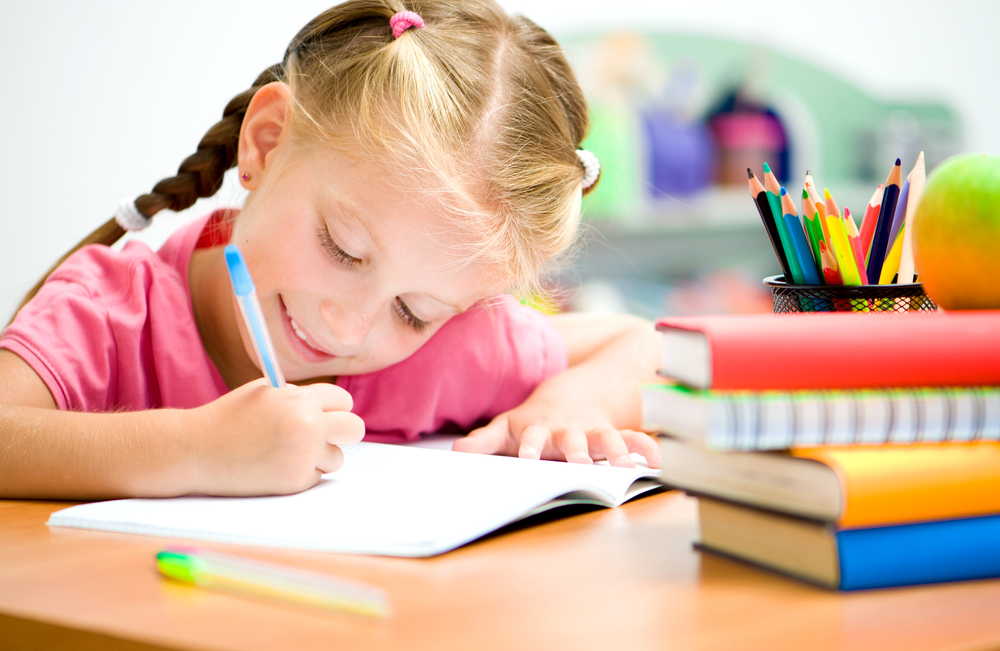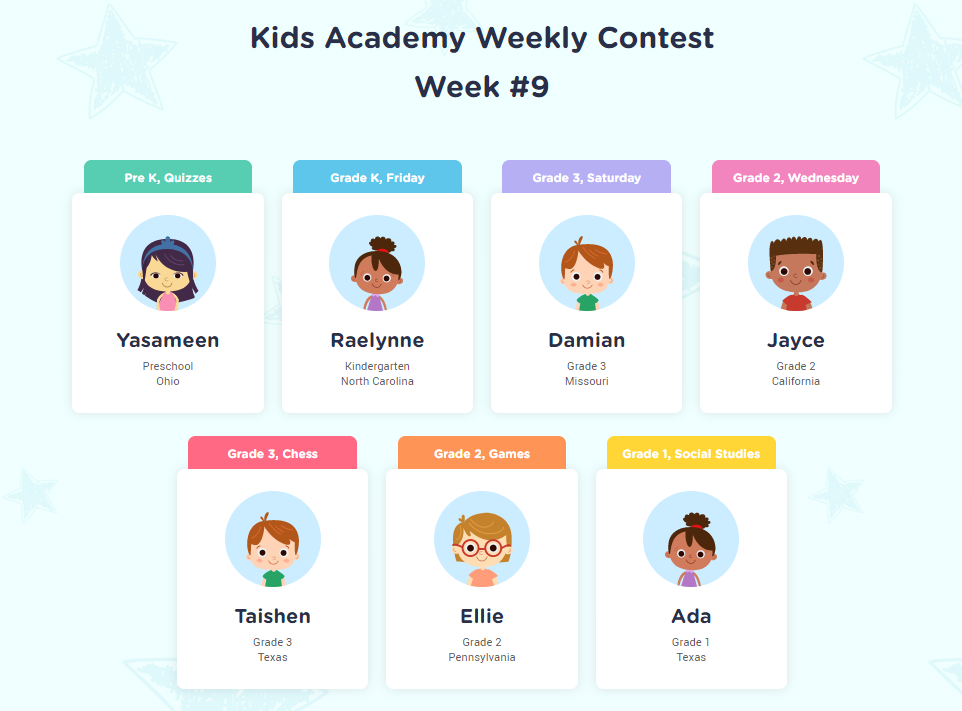Comparative skills Worksheets for Ages 4-6
3 filtered results
-
From - To
Unlock the potential in young learners with our "Comparative Skills Worksheets for Ages 4-6." These engaging, educational worksheets are designed to help children master the basics of comparison through fun activities. From identifying differences to understanding relationships like greater than, less than, and equal to, these printable resources enhance critical thinking and problem-solving skills. Perfect for use at home or in the classroom, our worksheets support early math and language development, making learning an enjoyable adventure. Equip your child with the tools to succeed and foster a love for learning with Kids Academy's expert-crafted materials.
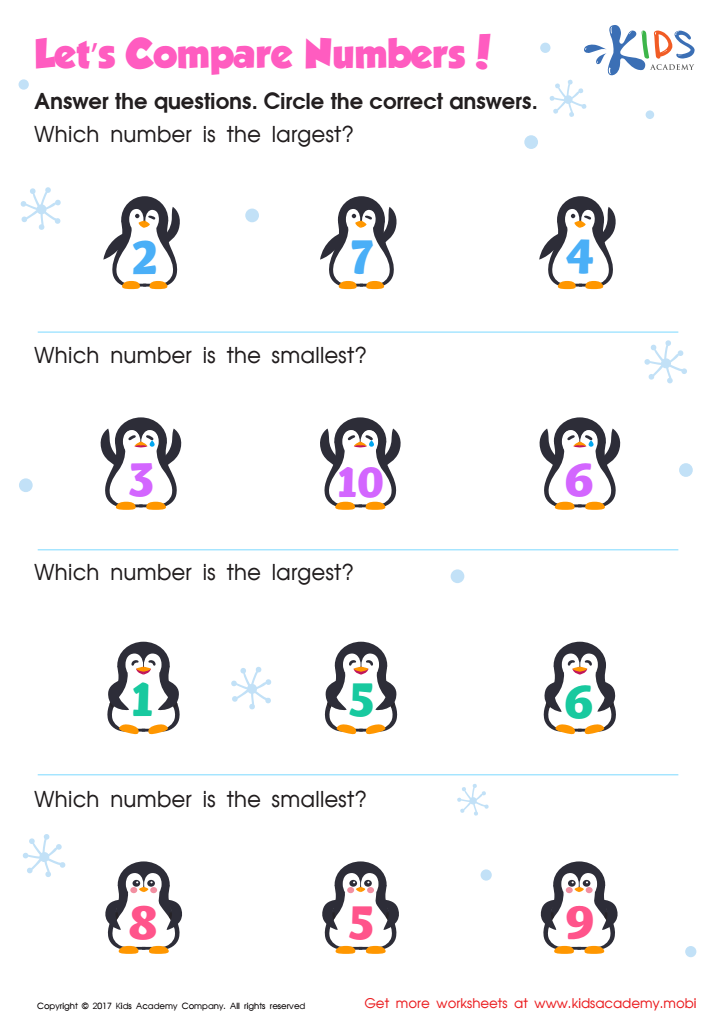

Comparing Numbers 1–10 Worksheet Kindergarten
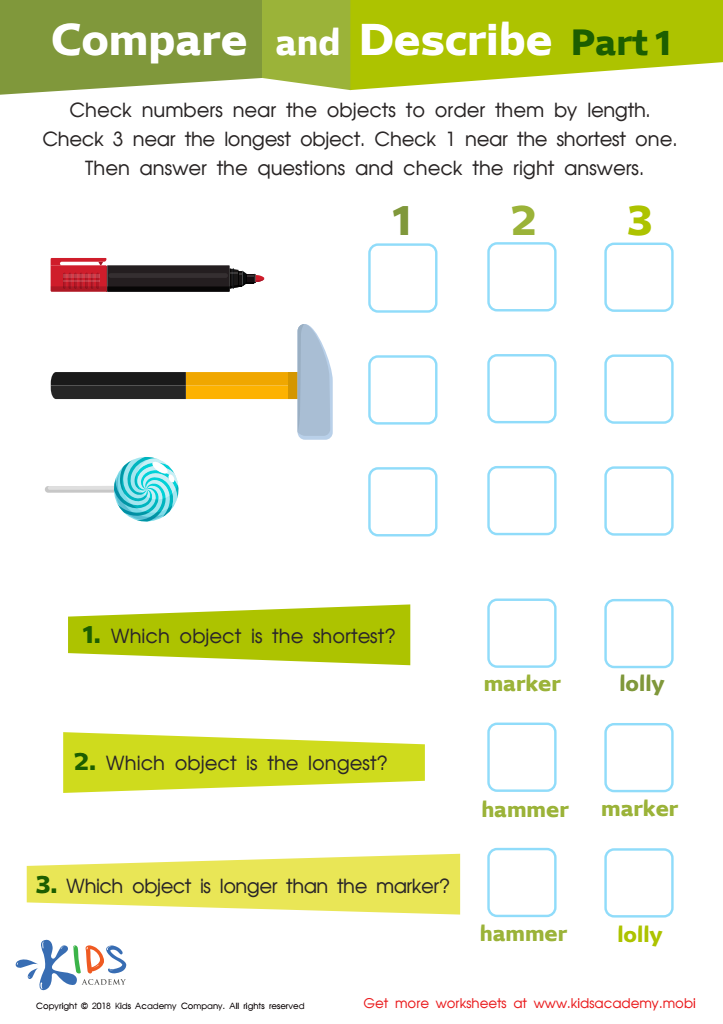

Compare and Describe: Part 1 Worksheet
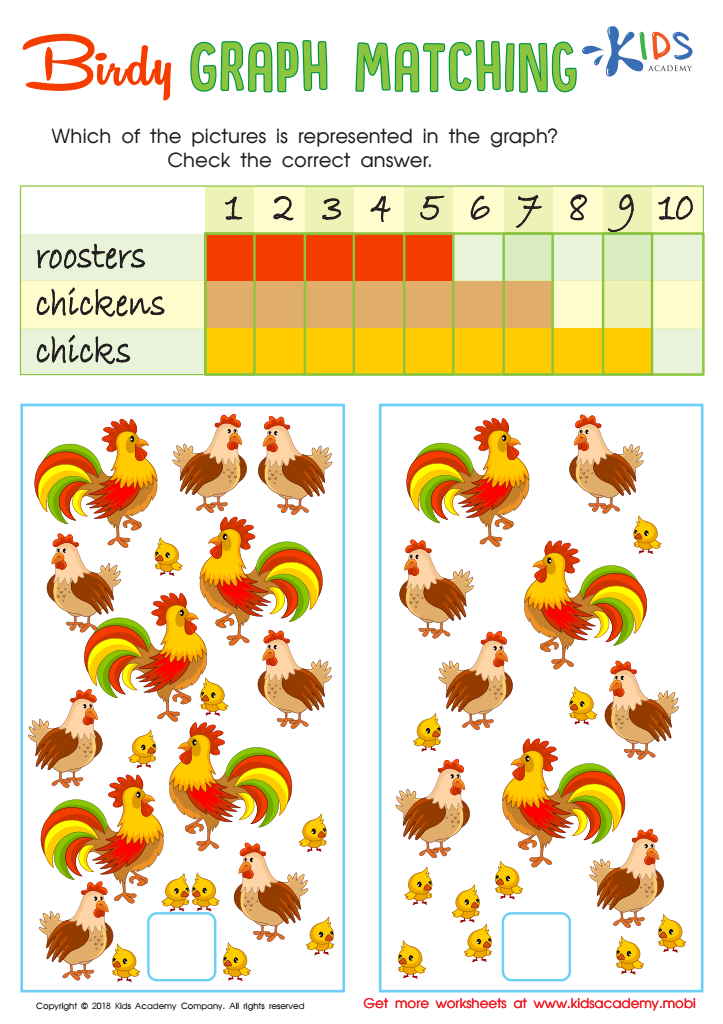

Birdy Graph Matching Worksheet
Comparative skills, the ability to recognize and evaluate differences and similarities between objects and ideas, play a crucial role in early childhood development for children aged 4-6. These skills are essential because they form the foundation for critical thinking and problem-solving abilities that children will use throughout their lives. For instance, simple tasks like comparing the sizes of objects, distinguishing colors, and recognizing patterns contribute to cognitive development, enhancing a child’s ability to process information methodically.
For parents and teachers, fostering these skills can significantly impact a child's academic readiness and success in subjects such as math and science. Comparative thinking aids in understanding fundamental concepts like more vs. less, bigger vs. smaller, and near vs. far, all vital for grasping early math principles. Moreover, these skills enhance language development, as explaining similarities and differences boosts vocabulary and complex sentence structures.
Beyond academics, comparative skills also promote social and emotional growth. When children learn to compare and contrast their feelings or situations, they become better at empathy and decision-making. Encouraging activities that involve sorting games, story comparisons, and interactive discussions can thus provide a well-rounded developmental foundation. Hence, investing time and effort in developing these skills in early childhood is a critical step for fostering lifelong learning and adaptation abilities.
 Assign to My Students
Assign to My Students



